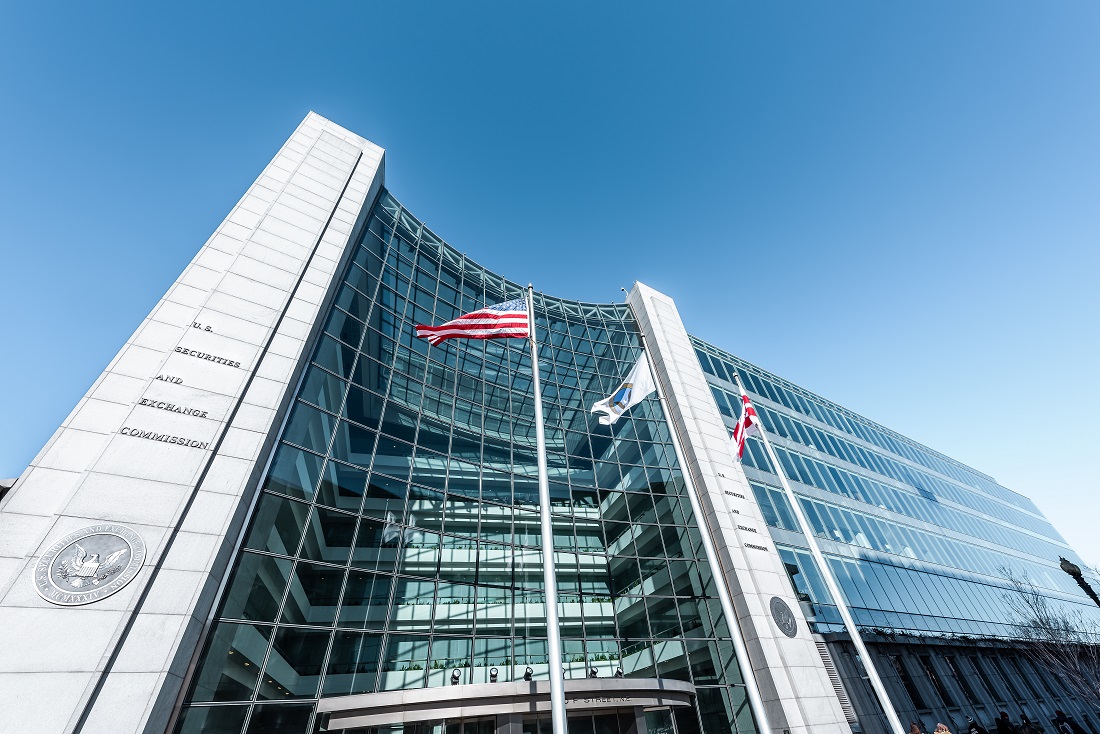2019-1-8 21:27 |
U.S. Securities and Exchange Commission (SEC) has had a busy 2018 in the cryptocurrency arena. From hearings to a series of enforcement actions to contradicting statements in public, they did their best to eliminate crypto scam. This article outlines some of the actions taken by the SEC, and the weight it carries for blockchain and ICO entrepreneurs in 2019.
The MuncheesMunchee, a blockchain-based restaurant review service, was shut down because they deliberately used its token (MUN) to fuel its “social-networking app for food.” SEC managed to cease the $15 million ICO and Munchee agreed to refund its investors. Munchees cooperated and were relieved from penalties. SEC referred to the July 2017 DAO Report of Investigation. The report introduced the “Howey Test”. Feds use it to ascertain if an asset should be legally considered as security.
The Swindlers And The FraudstersEarly 2018, many esteemed executives from their respective crypto startups and other “easy targets,” were being charged with fraud. The commission was seriously looking into the swindlers who had already flooded the ICO market.
Although the circumstances of each case were different, firms such as Titanium Blockchain, Centra Tech, and AriseBank, had the same outcome. Also, persons behind Centra Tech and AriseBank are facing additional criminal charges from several law enforcement agencies.
Hinman Provided ClarityWilliam Hinman, the director of corporation finance division at SEC, provided guidance on what would be considered a security. Hinman said that Ether and Bitcoin aren’t entirely securities since they function on decentralized networks. Ethereum-based tokens are a whole different matter though. He listed why a digital token can be termed as security and even gave sample cases that center around how the digital asset is packaged and sold to investors.
Reginald Buddy Ringgold IIIEarly October, they took action against Blockvest. It was alleged that the firm and its founder Reginald Buddy Ringgold III were involved in all kinds of fraud. SEC got an emergency court order to freeze his assets and squash Blockvest’s ICO. Judge Gonzalo Curiel ruled out that SEC had insufficient proof that a securities offering had taken place. Their application for the preliminary ban was denied.
FinHubFinally, in mid-October, the SEC announced the launch of a Strategic Hub for Innovation and Financial Technology. It’s a new division dedicated to engaging the crypto-curious public. FinHub would be a dominant point for developers, investors, and any parties interested in filing inquiries via a dedicated web portal.
War On ICOBy mid-November, every ICO that was ever conducted could be targeted for enforcement action. Unfortunately, Paragon and Airfox became the targets. By referring to the DAO Report, it was alleged that both companies conducted ICOs in 2017. According to SEC, this was after it cautioned that ICOs can be securities offerings.
Most of the ICO-funded companies will ultimately face some sort of rescission order. They shall be forced to refund their investors. ICOs are now forced to evolve, and that is refreshing for investors and startups being made to satisfy the needs of these emerging, regulator-friendly models.
Celebrities Aren’t SparedApparently, those who have large platforms to promote such as investment schemes can also be expelled and fined. This not only applies to companies but individuals too. Khaled and Floyd Mayweather didn’t have it easy. Other milestones made by SEC in an effort to curb fraud include action against Zachary Coburn, the founder of EtherDelta.
origin »Bitcoin price in Telegram @btc_price_every_hour
Safe Exchange Coin (SAFEX) íà Currencies.ru
|
|











